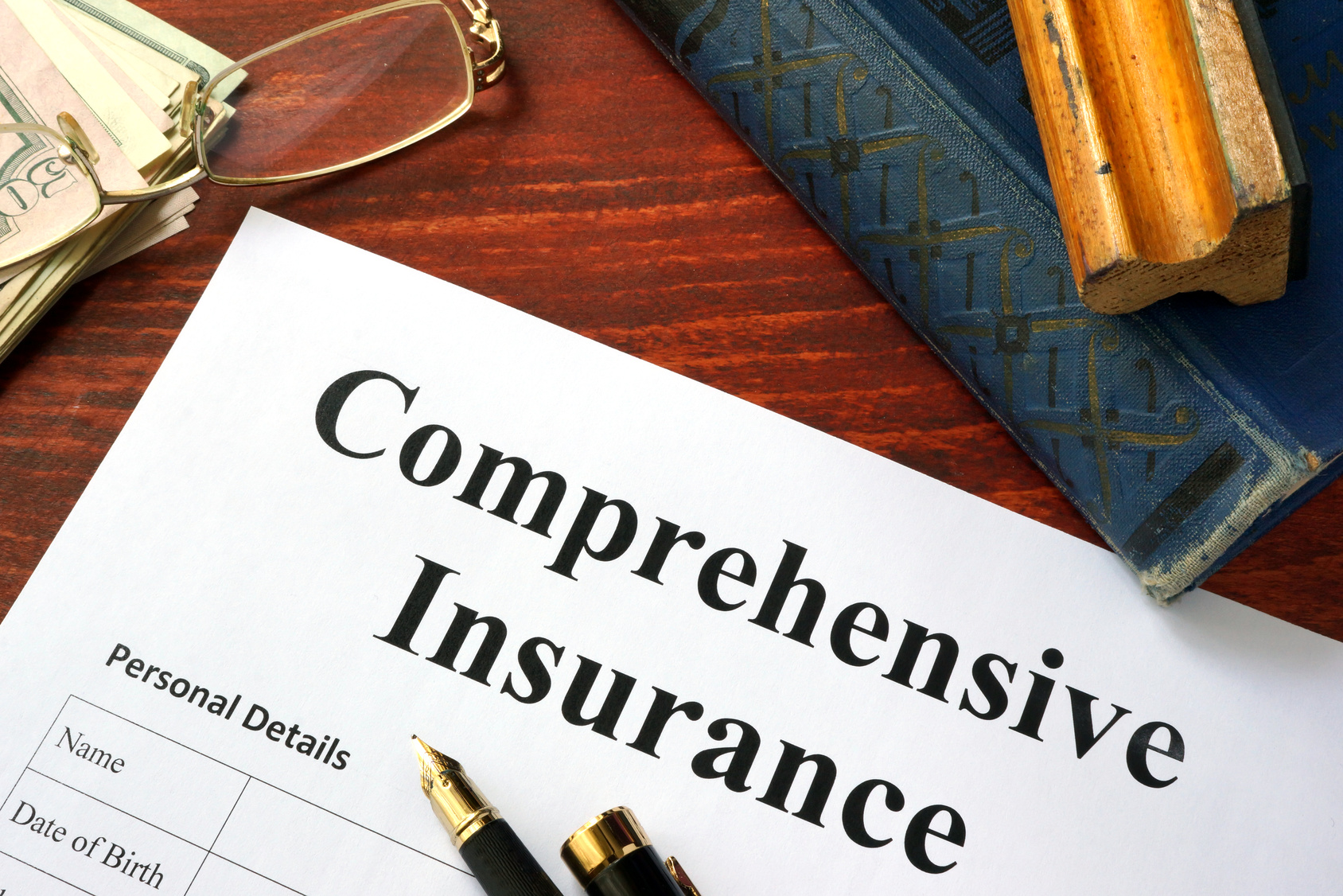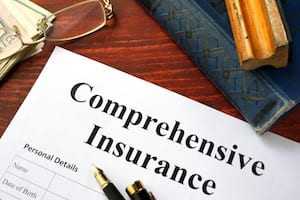Comprehensive Auto Insurance: What It Is and When You Need It

Despite its name, comprehensive auto insurance doesn’t cover everything related to your car in the case of an accident or damage to your car. Instead, it covers theft and damage to your car due to natural disasters and other non-collision events.
So, if you are in an auto accident and your car is damaged, comprehensive insurance won’t help pay for the repairs or replacement. But, if something falls on it in a storm, you’re covered.
Comprehensive Auto Insurance Coverage
A comprehensive insurance policy covers non-collision related events including:
- Natural disasters
- Vandalism
- Theft
- Fire
- Civil disturbances and terrorism
- Falling objects
- Impacts from animals
Comprehensive insurance does not cover expenses following an auto accident such as:
- Damage to your car
- Damage to another car involved in the collision
- Medical expenses for you or your passengers
Should You Buy Comprehensive Car Insurance?
Whether or not you should purchase a comprehensive car insurance policy depends on several factors.
You should get comprehensive coverage if:
- You are leasing or financing your car. In fact, it may be required by your lender or lessor.
- Your car is under 10 years old and valued at more than $3,000. The more your car is worth, the more you likely it is you need comprehensive coverage.
- You can’t afford out-of-pocket expenses. If you don’t have the finances to pay for damages of the kind that comprehensive insurance covers, it’s probably a good idea to get a policy.
Both comprehensive and collision insurance are optional. Together they help pay for damage to your car in a full range of situations. See our auto insurance information to learn more about all your auto coverage options and compare quotes.

 EINSURANCE
EINSURANCE EINSURANCE
EINSURANCE EINSURANCE
EINSURANCE